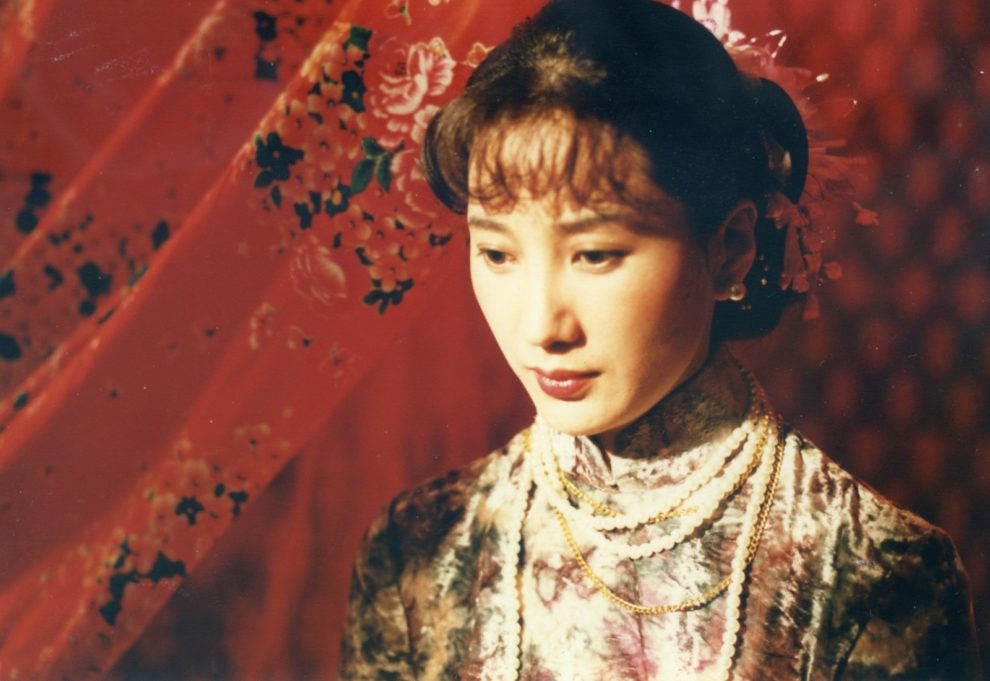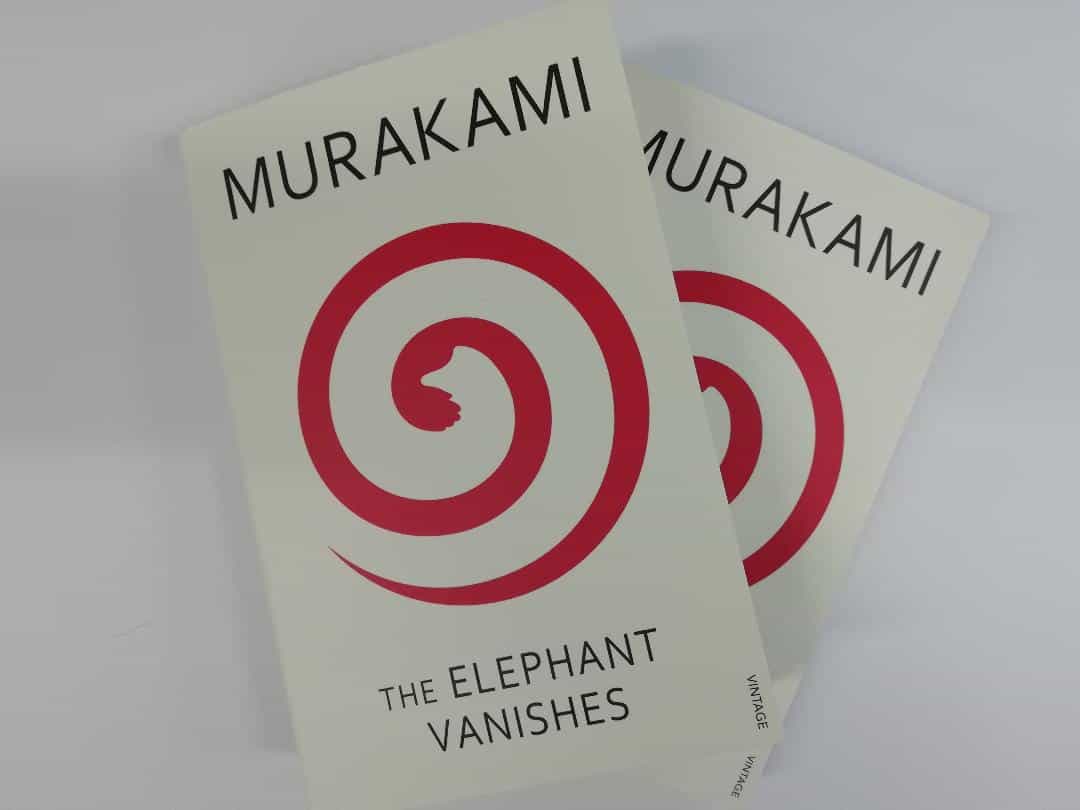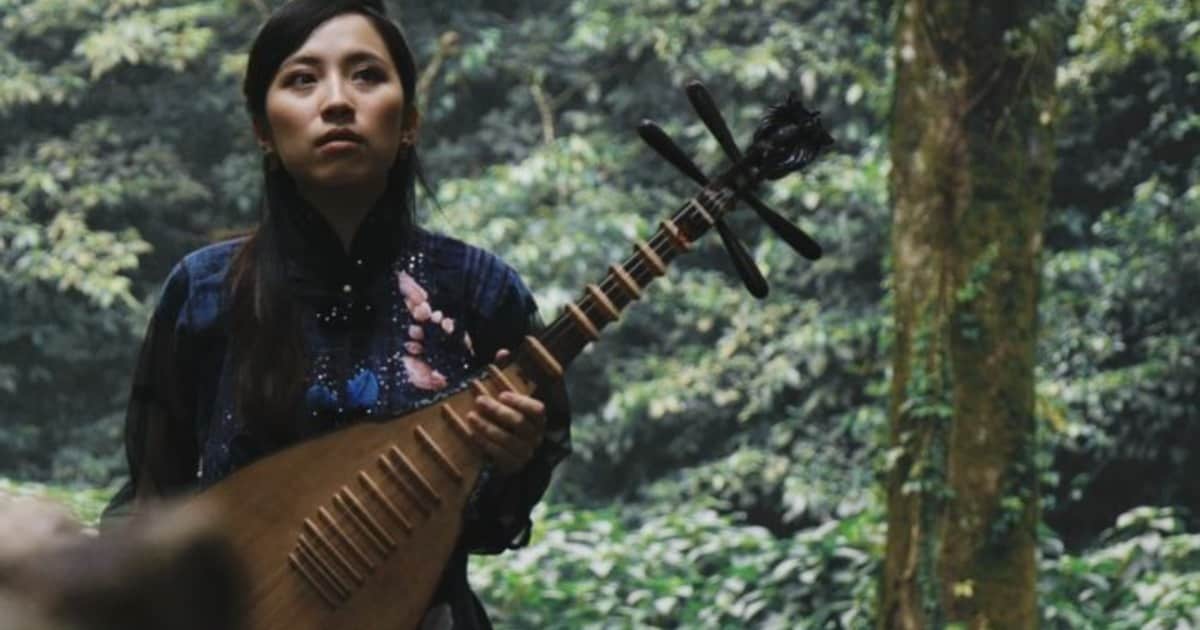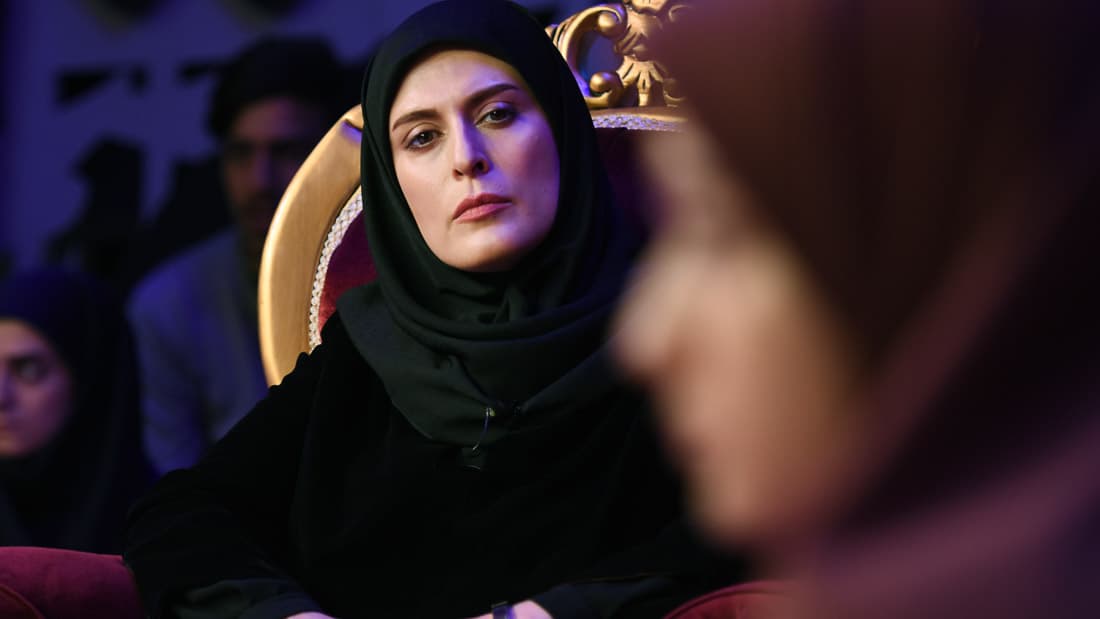Inter-generational family dramas always come with great promise, as they offer the chance to further explore the ties that bind us over the years. This case is no different with Huang Yu-Shen's 1990 film, “Peony Birds”, which follows the evolving relationship between mother and daughter over some 20 years. Unfocused in areas and a little long in the tooth, Huang's tale of love and loss is still one worth exploring for its humanistic approach.
“Peony Birds” is screening at Taiwan Film Festival Edinburgh

Ah-Chaun (Su Ming-Ming) is in an unhappy marriage until tragedy befalls her husband. Some years later, her daughter, Shu-Chin (Vivian Chen), finds herself dealing with relationship troubles of her own as she tries to make her way in the world. Outside of the men in their lives, though, the two struggle to move on from the past, both living in bitterness with ideals of what could have been.
If you were to label “Peony Birds” as being about anything, in particular, it would be relationships. Both Au-Chan and Su-Chin are ultimately looking for the ideal partner, but both seem to have gotten lost with the romanticised vision in their minds. This is especially the case for Au-Chan, who seems to have sacrificed much of her happiness chasing after the impossible. Her obsession with a fleeting past relationship has left her resentful of her current situation and leads to a damming realisation towards the finale.

The plot also tracks the breakdown in communication between mother and daughter and highlights the deep feelings of bitterness that can grow out of unresolved conflict. The two are more similar to each other than they'll ever know, particularly when it comes to their relationship woes. However, their inability to reconcile only leads them further down the path of separate lives.
Huang handles the relationship troubles of the two with a level of sincerity and maturity that strips away the usual contrite melodrama. Men are not the solution for these two women, as the issue is that they're not content with themselves. Choosing to focus on the development of these female characters rather than making man the answer to their problems is one of the features that sets “Peony Birds” apart from similar films.
In terms of performances, there isn't much room for stepping outside of the standard melodrama, although everyone puts in a good showing. Su Ming-Ming is arguably the strongest of the cast, as her subtle and more restrained performance hides much of the pain behind the character. Vivian Chen displays the most range what with her various relationship dramas, and Jack Kao is suitably detestable as Shu-Chin's sleazy boyfriend, Li Kang.
Huang's presentation of the film is nothing inspiring, as the direction is quite flat overall. However, the time-jumping narrative means that the structure of the film is consistently engaging. This is a movie far more concerned with the telling of its story rather than its presentation. The most interesting visual juxtaposition highlighted by Huang is the rapidly changing physical landscape in Taipei. Ah-Chaun seems taken aback by the concrete jungle that has overtaken her once green childhood home.
“Peony Birds” is a solid family melodrama that many viewers will no doubt relate to. We've all gotten lost in fantasies of what could have been at one point or another, but Huang's message encourages us to be grateful for what's right in front of us. The inconsistent pacing and somewhat lacklustre direction are made up for through the complex characters and time-hopping narrative.















